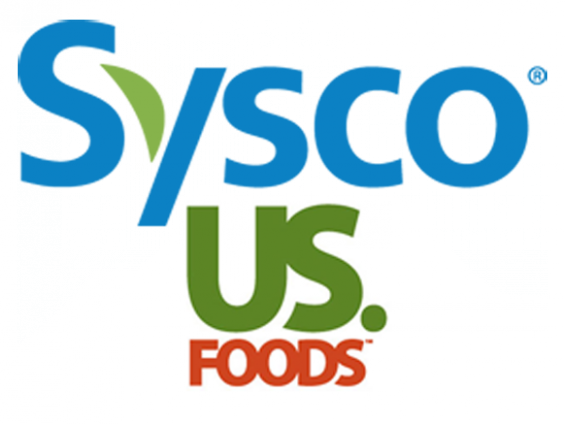Headline News
PaRR: Sysco US Foods Divestitures Not Clear Solution, Industry Sources Say

It will be challenging for Sysco (NYSE:SSY) and US Foods to craft an antitrust remedy package that creates a new national competitor, industry sources said.
The companies’ USD 8.2bn planned merger, announced in December 2013, would combine the two largest broad line food distributors in the US.
The Federal Trade Commission (FTC) issued a second request earlier this year and the transaction has faced opposition from the companies’ customers, trade unions and suppliers. Media reports have said the FTC is considering a challenge to the transaction.
The level of concentration in the market and difficulty of market entry suggests the FTC has shifted the presumption of anti-competitiveness to the merging companies, said an industry source working with a third party on the transaction. He noted most growth in the food service industry comes from acquisitions, not organic growth.
Many national chain restaurants, hospital group purchasing organizations and military bases rely on either Sysco or US Foods to be a one-stop provider, the first source said. Should their choice of a national provider squeeze from two to one, their ability to negotiate will decline meaningfully.
The FTC will likely want to see Sysco and US Foods create a new national competitor to replace the lost competition from the merger, said a second industry source familiar with a competing distributor. Any divestiture package will need to be sold to a single buyer and include multiple warehouses across the country, especially west of the Mississippi River, this source said.
Media reports have recently said that Sysco and US Foods are working to divest assets to regional competitors. The Sysco and US Foods merger agreement allows up to USD 2bn in revenue to be divested in order to resolve antitrust issues.
A divestiture package will likely have to exceed USD 2bn, the second industry source said, since the FTC will not want to see a weak new competitor created. The second source and an industry executive said they did not believe it would be possible to create a new national company that is a viable competitor.
Selling physical assets does not resolve competition issues like in other industries, the first industry source said.
In the distribution business, this source said, the key component to success is to establish and maintain relationships with a customer base that is known for being sensitive to any kind of problem.
Just because a company acquires a warehouse and some trucks does not ensure those customers will entrust their business to a new market entrant that may not have the wherewithal to provide a complicated service, the first industry source said.
The industry executive said there are high costs for customers to switch suppliers, noting it took Buffalo Wild Wings (NASDAQ:BWLD) approximately a year to switch distributors.
Some distributors believe they will be able to take advantage of the merger by picking up laid off employees and customers, the executive said. But he added in the long term there is limited room for distributors to grow.
Compounding the difficulties presented by the relationship-driven nature of the business is that Sysco and US Foods stand heads above their competition in terms of size and footprint.
After the two merging entities, Performance Food Group, Reinhardt, and Gordon are considered the largest regional players, and the most likely candidates to acquire any divestment package.
Of the three, the industry executive said that Gordon is the most capable buyer. The second industry source downplayed the likelihood that the FTC would accept Gordon or Reinhardt as neither one is large enough to make a sizable acquisition.
One approach the three undersized potential buyers could take would be to partner with a private equity firm that could fund the purchase and future expansion, the first source said. The Blackstone Group and Wellspring Capital Management acquired Performance Food in 2008.
As well, the FTC could make sure the divestiture package includes more attractive facility in a given market overlap, and that the sale includes a robust and well thought out transition plan that would preserve the viability of the traded asset.
Sysco declined to comment and US Foods did not respond to requests for comment. Sysco executives said in August that they have had productive talks with the FTC and expect their deal to close by 4Q14.
By Reuben Miller, Taina Rosa and Lauren Hirsch
Published with permission from PaRR Global
http://www.parr-global.com/